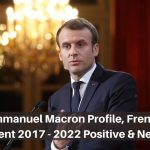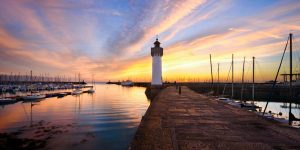Emmanuel Macron Profile, French President 2017 – 2022 Positives & Negatives

Former economy minister Emmanuel Jean-Michel Frédéric Macron was crowned as president of France in 2017, making him the youngest president in the country’s history. Macron is far more popular internationally as compared to France, where dissatisfaction with his presidency has been recorded 58% less than a year after his election.
General information about Emmanuel Macron
| S.No. | General information | Details |
|---|---|---|
| 1 | Date of Birth | December 21, 1977 |
| 2 | Place of Birth | Amiens, France |
| 3 | Political Party | La République En Marche |
| 4 | Spouse | Brigitte Trogneux |
| 5 | Alma Mater | Paris X Nanterre (MAS), Sciences Po (Master in PA), École Nationale d’administration |
Early life and education
Born in 1977 in northern France, Emmanuel Jean-Michel Frédéric Macron attended a series of best schools in France before getting into the French Finance Ministry in 2004. Macron’s parents were doctors, and he is the eldest son in his family. Macron has an aptitude for literature, politics and theatre. After attending the local Jesuit school La Providence, Macron finished his high school education at the prestigious Lycée Henri IV in Paris. He studied philosophy at Nanterre University and public affairs at Sciences Po, before graduating from the elite École Nationale d’Administration (ENA) in 2004.
Career and entry in Politics
After graduation, Macron decided to work for the French Finance Ministry as an inspector. Forging powerful connections, he was appointed by President Nicolas Sarkozy in 2007 to join the bipartisan Attali Commission on economic growth. The following year, Macron left civil service to get into the investment banking career at Rothschild & Co. Later, he got promoted to managing director, earning renowned for his role in advising big companies, like, Nestlé’s $12 billion acquisition of a division of Pfizer in 2012.
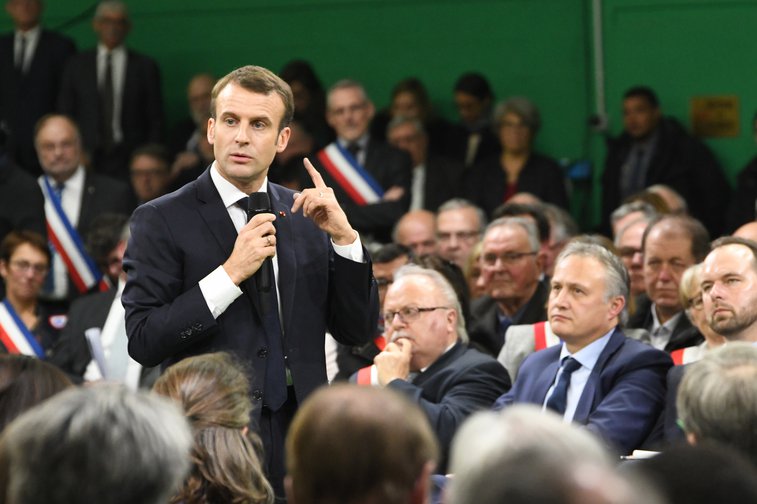
Following a four-year stretch at an investment bank, he joined President Hollande‘s staff in 2012, eventually becoming minister of economy, industry and digital data, without any prior experience in politics. Tasked with economic and financial matters, he managed challenges by helping to broker a compromise with Germany over the ongoing Eurozone crisis.
In 2014, Macron was titled as France’s minister of economy, industry and digital data. The following year, he formulated a collection of deregulatory measures to support the economy, but after some 200 hours of parliamentary discussions, the government bypasses the chamber and ram through what became known as “Macron’s Law.”
Macron formed a new centrist party called “En Marche!” in 2016. In August, he declared he was stepping down from his role as economy minister. After forming the centrist “En Marche!” party in 2016, Macron became a surprising leader amongst the citizen of France in the presidential race. He won against National Front leader Marine Le Pen in May 2017 and became the youngest president in French history at the age of 39.
Emmanuel Macron as President
Despite having no experience as an elected official, he gained support through his proposals to lower corporate and housing taxes, devote resources to defence, energy, the environment and transportation, and reform welfare and pensions. Shortly after the French election, US President Donald Trump announced he was withdrawing the U.S. from the Paris climate accord, allowing Macron to offer France as a “second homeland” to climate researchers in order to make our planet great again.
In December 2017, President Macron awarded long-term research grants to 18 climate scientists, out of which 13 were previously based in the US. Macron faced one of the hardest challenges to his presidency to date when French citizens embarked on their “Yellow Vests” protests in 2018 for rising fuel taxes. In late April 2019, Macron held a meeting promising that he would lower taxes and increase the pension.
On April 15, 2019, when Notre-Dame cathedral in Paris erupted in flames, Macron seized the moment by bringing his countrymen together in a televised address, calling for the iconic structure to be rebuilt in five years.
Macron’s Vision
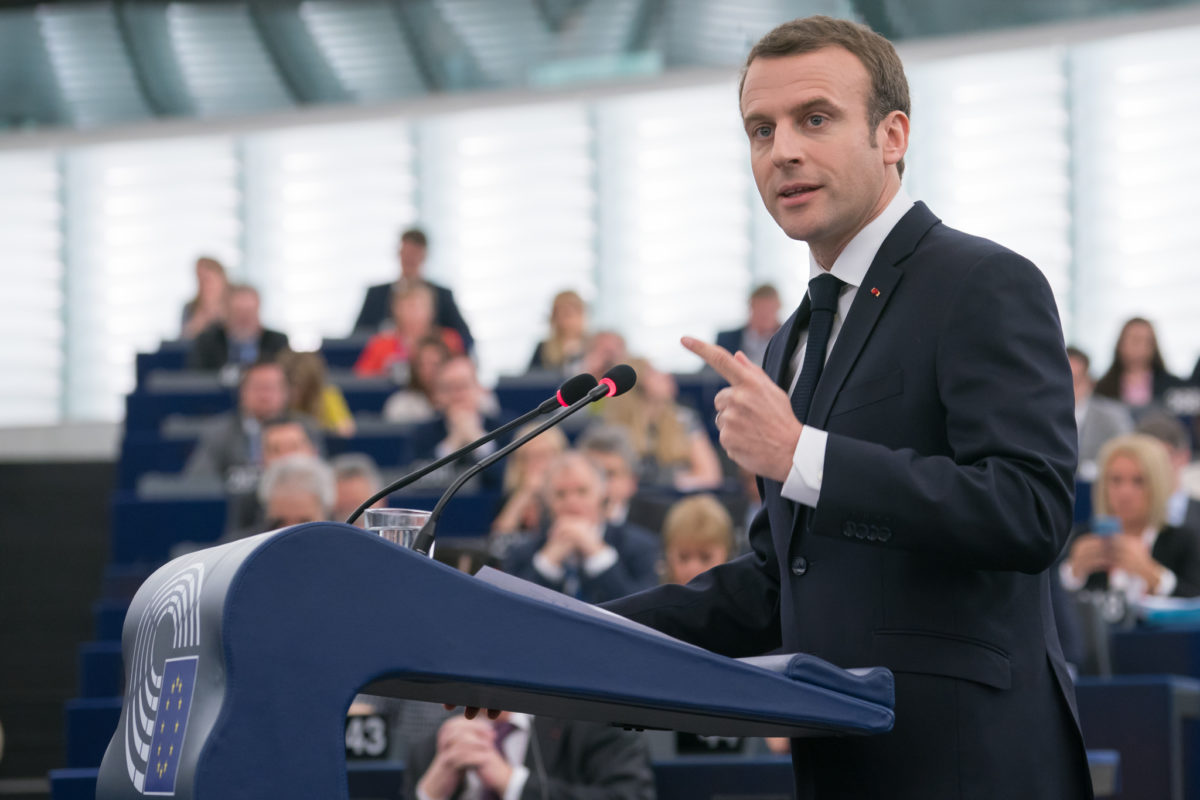
Macron hoped to attract British business and banks to relocate to Paris, promising a substantial reduction in corporation tax to 25%. He has also vowed to get strict on unemployment benefits for those who turned down job offers and wants greater flexibility on the retirement age. He decided to plan a €50bn public investment programme on training of tradesmen to reduce youth unemployment, green energy, public sector administration and justice. He visions more freedom for school governance and suggests checks on the competence of government ministers and more proportional representation.
Here’s a list of the positives and negatives during the presidency of Emmanuel Macron:
1. Not a complete win
In the second round of elections, 56% of French citizens abstained, cast a blank vote or voted for Le Pen. Macron may have won a majority of the vote, but that doesn’t make for a majority of the French republic. Many of those who voted for him aren’t really on his support. Although 33% of respondents in an Ipsos poll said, they voted Emmanuel because they were won over by the political renewal they saw in him.
2. Parts of the country rejected him
During the elections, it is completely visible that parts of France rejected Macron as president. Le Pen’s strongholds in the northeast held firm, gaining 57.42% of the vote in Calais and 61% in Hénin-Beaumont. In the Aisne department, Le Pen came out on top in 619 out of 804 communes. Le Pen scored well on France’s Mediterranean coast in the southeast, getting close to 50% in many departments, like the Var, where she gained 49%.
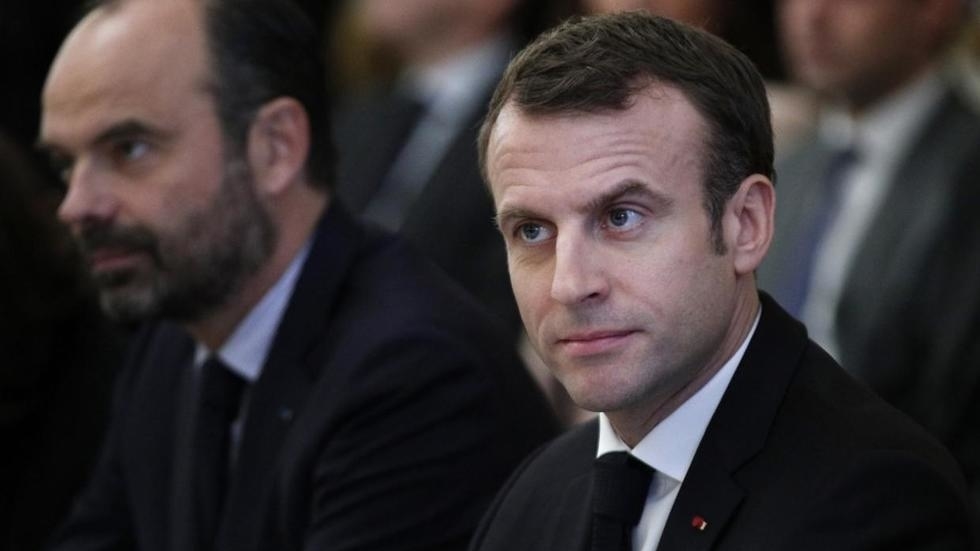
3. He could be condemned to follow the footsteps of Hollande’s
Macron knows that if he fails to get results on issues like unemployment during his five years of tenure, he could see the same fate as Hollande. Many French people see too much of a similarity between Macron and Hollande. Le Pen called him “Hollande’s baby” or “Hollande’s heir”. So, the biggest drawback for Macron will be if he fails to deal with unemployment, he might end up having more in common with his predecessor than he would have wished.
4. Great communication skills
Unlike Ex-President Hollande, Macron holds excellent communication skills in French and English. His way of speaking and addressing the countrymen is one of his positive sides of being a good president.
Summing Up
If Macron convened the large apathetic segment of the population that he offers more than just not being Le Pen. Under is directives, he carefully planned a lot for the betterment of France. Every coin has its two sides. All we have to see is where the positives and negatives of Mr President would take his political career in the near future.


